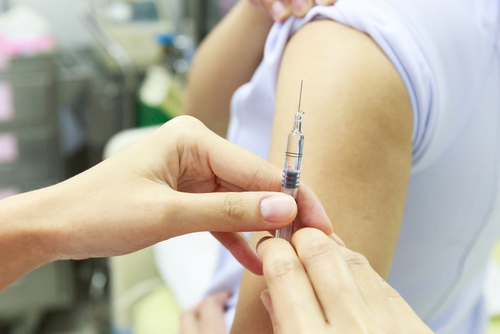RSV, or respiratory syncytial virus, is a common virus that primarily affects the respiratory tract.
RSV season typically occurs in the autumn and winter months. It can lead to respiratory infections, particularly in young children, infants and the elderly. The peak season often starts around November and can last until March, though this can vary by region at either end of the season.
During this time, it’s important to be vigilant about symptoms like coughing, wheezing and difficulty breathing, especially in high-risk populations. Preventive measures include good hand hygiene, use of masks in public places, use of disposable tissues, avoiding close contact with unwell individuals and keeping your work and home areas clean with antimicrobial wipes.
Respiratory syncytial virus (RSV) can significantly impact individuals with chronic obstructive pulmonary disease (COPD). RSV is a common viral infection that primarily affects the respiratory tract, and for those with COPD, it can lead to severe complications.

RSV key points:
- Transmission: RSV spreads through respiratory droplets when an infected person coughs or sneezes. It can also spread by touching surfaces contaminated with the virus and then touching the face.
- Infection Process:
- Entry: The virus enters the body through the nose or mouth.
- Replication: It attaches to and infects epithelial cells in the respiratory tract, replicating and causing cell damage.
- Immune Response: The body’s immune system responds, which can lead to inflammation and further respiratory symptoms.
- -Symptoms: Symptoms typically appear 3-5 days after exposure and may include:
- Runny or stuffy nose
- Coughing
- Sneezing
- Fever temperatures above 37.5 degrees
- Wheezing
- Severity: While most recover without complications, RSV can lead to bronchiolitis or pneumonia, in high-risk groups such as:
- Infants, especially under six months old
- Premature infants
- Children with underlying health conditions
- Older adults with weakened immune systems or chronic diseases such as chronic obstructive pulmonary disease
- Treatment: Most cases are managed with supportive care, such as hydration, fever management, and in some cases, hospitalisation for severe cases requiring oxygen or mechanical ventilation.
Prevention: NHS vaccines are not generally available for the under 75’s, other than for expectant mothers. But are available for the over 60’s by private consultation at some pharmacies and private health clinics.












